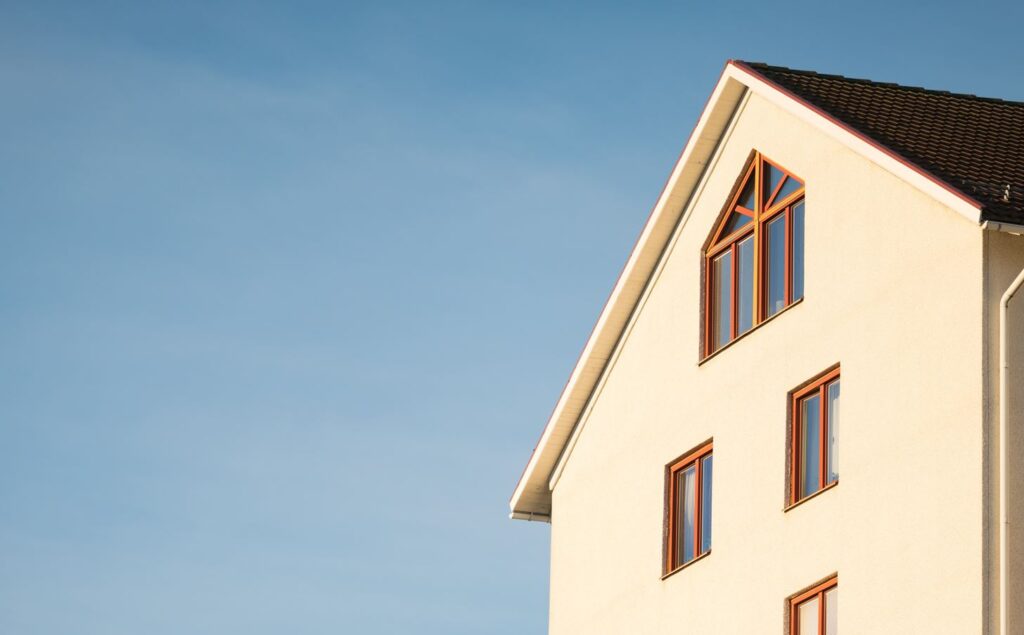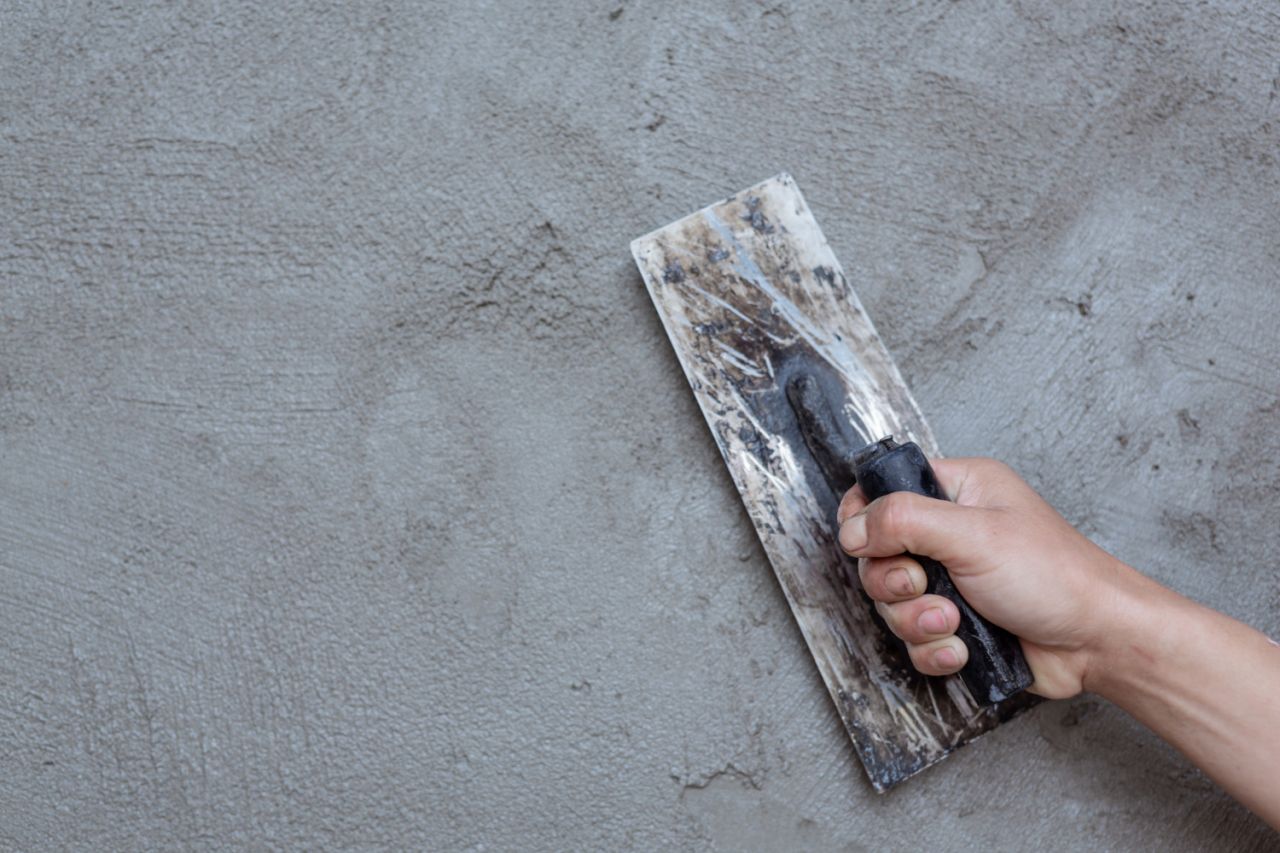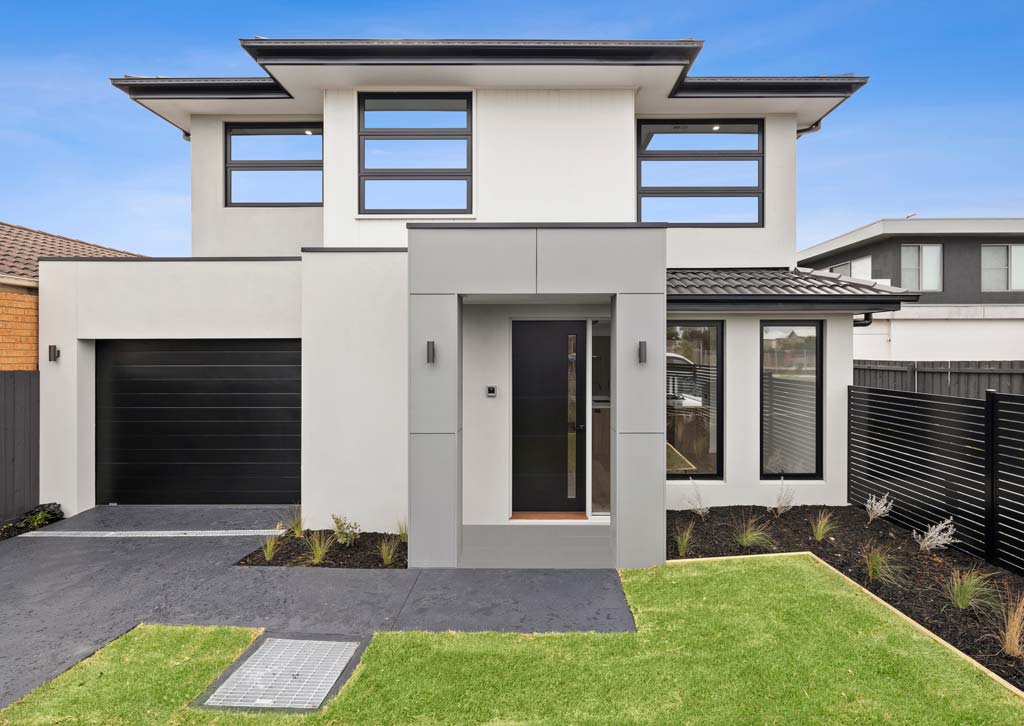Are you mulling over constructing a new house, but you're unsure if you'll need homeowners insurance? It's not just you. Many people embark on the exciting task of constructing their dream homes every day, only to discover that doing so raises many difficult legal and financial problems.
The construction of a home from the ground up is a significant financial commitment, so it's vital to comprehend the role homeowner's insurance plays in the process. Read on as we address some of the most often-asked questions concerning insurance coverage, both before and during construction.
If you're building a house and wondering if you need homeowners insurance, the answer is yes. Read on; you'll find exactly what you're looking for.
Under Construction Home Insurance
Home under construction insurance, often called a dwelling in construction endorsement, is a special type of homeowner's insurance for building a house that isn't expected to take more than a few months. If your home is still considered to be still under construction when a break-in occurs, or renovations are made, your normal insurance coverage will not apply.
Contact your insurance provider to determine whether this endorsement is required for your next home renovation project. If you cannot find temporary housing because your kitchen is being gutted, your insurer may classify your remodelling job as construction.
Remember that this recommendation is not meant for ongoing building projects. Coverage designed for prolonged, extended repairs, like builder's risk insurance, is required if the renovations and repairs are likely to last more than a month or two.
What Kind Of Homeowners Insurance Do I Require?
There is a lot to think about, but a house insurance policy is a good place to start because it often includes coverage for the following:
- Damage to your home or additional structures off your property, like a detached garage and storage shed, may be covered by your homeowner's insurance policy.
- Everything from your sofa to your fine china can be replaced thanks to the financial protection provided by homeowners insurance in case of a covered loss.
- Additional living expenses (ALE) coverage, if included in your home's insurance policy, can assist in paying for a hotel or other temporary living arrangements. At the same time, your permanent residence is being repaired or rebuilt.
- Your legal fees may increase if a visitor has an accident on your walkway. Up to the policy's maximum, homeowners insurance can assist in paying for reasonable and necessary medical expenses, legal fees and any resulting court awards.
Damage from earthquakes and floods is typically not covered by a standard homeowner's insurance policy. Depending on where you live, your lender may require you to have earthquake or flood insurance. Personal Articles Floater (PAF) insurance can be purchased to protect high-priced possessions beyond the limits of a standard homeowners policy, such as an art collection or jewellery.
What Does House Construction Insurance Cover?
A regular homeowner's insurance policy will cover a finished house, but this coverage is meant to do the same for a home still under construction. Dwelling under construction insurance protects your house while it's being built from hazards like fire, storms, burst pipes, burglary, and more.
Insurance for a home that is currently under construction will often also contain the following specialised protections against losses common to the construction industry:
- This endorsement will pay for the "soft costs" of the construction project in the event of a delay owing to a covered loss. Fees for permits and licences, interest just on the construction loan, or other expenses incurred because of the project delay all fall under the "soft costs."
- Materials and supplies for building or repairing a dwelling are protected, as are those materials and tools, while they are in transit or storage until they may be used.
- If a construction worker or a guest is harmed on your property, this type of insurance can help pay for necessary medical care or legal representation.
The construction project must be carried out by a registered builder for this policy endorsement to apply. If your insurer finds out that you hired an unlicensed contractor after filing a claim, they will likely reject your claim.
Various Kinds Of Homeowners Insurance
Not all policies cover the same things. The cheapest homeowner's insurance policy probably won't provide the most protection and vice versa.
Depending on the demands of the homeowner as well as the kind of property being insured, homeowners can choose from a range of coverage options represented by the standardised HO-1 through HO-8 forms of homeowner's insurance.
Three primary types of protection can be distinguished.
Real Money Value
After depreciation is factored in, actual cash value accounts for the total cost of the home and your personal property (i.e., how much the items are currently worth, not how much you paid for them).
Cost Of Replacement
You can repair and rebuild the home up to its original value because replacement value insurance pays you the real cash worth of your real estate and belongings without considering depreciation.
Replacement Cost/Value Is Guaranteed (Or Extended).
This policy covers the full cost of repairs or rebuilding your home, regardless of whether they exceed the policy's stated maximum due to inflation. Some insurance companies give you the option of an extended replacement, which means you get more protection than you paid for up to a certain level (usually 20% to 25%).
Not only do you need enough insurance to replace your home if it were destroyed, but you should aim to have enough coverage to do so at today's costs, according to several experts (which probably will have risen since you purchased or built).
Insurance Savings Strategies
While skimping on insurance is never a good idea, finding affordable options is important.
Keep A Security System In Place.
A homeowner's annual premiums could decrease by as much as 5 per cent if they install a burglar alarm system connected to a central monitoring station or the local police department. In most cases, the homeowner will need to furnish the insurance company with a bill or a contract as proof for central monitoring to receive the discount.
Also crucial are smoke detectors. While they come standard in most newer homes, homeowners of old houses can save 10% or more on their insurance premiums by installing them. Other aids include carbon monoxide detectors, dead-bolt locks, sprinklers, and even weatherproofing.
Increase Your Deductible.
The annual premiums for homeowner's insurance are like those for health or auto insurance; they decrease as the deductible increases. Problems and claims that generally cost only just a few hundred bucks to address, including such broken windows and damaged plasterboard from a leaky pipe, will likely be borne by the homeowner if a large deductible is chosen. In the end, they add up.
Search For Multi-Policy Discounts.
Customers with multiple policies with the same insurer sometimes receive a discount of 10 per cent or more for doing so (such as auto or health insurance). Get an estimate for additional insurance policies from the same insurer that handles your house insurance. You may be able to reduce the cost of not one but two premiums.
Make Renovation Plans Ahead Of Time.
It's important to consider the building materials you'll use while planning a house extension or other nearby development. Wooden buildings are more expensive to insure than metal or concrete ones because of the fire risk. Cement or steel-framed buildings, on the other hand, will be cheaper because they are less vulnerable to fire and severe weather.
Insurance premiums are another factor that should be considered before constructing a swimming pool, but they often aren't. In reality, having a swimming pool or other potentially dangerous apparatus (such as a trampoline) can increase annual insurance premiums by 10% or more.
You Should Pay Off Your Mortgage.
While it may be simpler said than done in most cases, premiums will go down for homeowners who have paid off their homes in full. Why? The insurance company reasons that if you own a property outright, you will treat it more carefully.
Conduct Policy Reviews And Comparisons Regularly.
No matter what the initial quotation is, it's always a good idea to shop around and see what other possibilities are out there, such as group coverage through credit unions, trade unions, businesses, or associations.
And even after they've bought a policy, buyers should still shop around at least once a year. In addition, they need to look over their current policy and make a note of any adjustments that could bring their rates down.
Insurance For Builders' Risks
If you're planning on spending months on end constructing a new home or renovating your current one, builder's risk insurance is something you should look into. This coverage is distinct from homeowner's insurance, and it will be up to the terms of your building contract to determine who is liable for acquiring it—you or your contractor.
Standard terms for builder's risk plans are three, six, nine, and twelve months. The size and duration of your construction project will determine the duration of your policy.
Frequently Asked Questions About Homeowners Insurance
What is homeowners insurance for?
Homeowner's insurance pays for losses and damage to your property if something unexpected happens, like a fire or burglary. When you have a mortgage, your lender wants to ensure your property is protected by insurance. That's why lenders generally require proof that you have homeowner's insurance.
Does homeowners insurance cover new construction?
While homeowners' insurance can often cover some renovations, it is not the right type of policy for a house being built. Insurers are hesitant to issue standard home insurance policies to homes that are vacant and still being constructed. Instead, a builder's risk insurance policy is often recommended.
Who is responsible for insuring a house under construction?
While your contractors may need certain types of insurance, the owner insures the property being built. In these situations, obtaining a homeowners insurance new construction endorsement is the standard approach. Builder's risk coverage is designed and used for this purpose. Even though you are usually not living in the home while it is under construction, you still want to protect your investment in the event of any catastrophe.
Do I need homeowners insurance during construction?
You might need additional home insurance coverage or an entirely separate insurance policy while your home is under construction. However, it all depends on how large of a project you're undertaking and the type of insurance coverage your contractor or builder provides. The two main types of insurance during construction that you might want to consider are home under construction insurance, and builders risk insurance.
What is covered by the home under construction insurance?
This coverage is designed to cover homes under construction in the same way that a standard policy covers completed homes. With dwelling under construction coverage, your home is covered against things like fire, storm damage, burst pipes, theft, and other covered perils while under construction. Home under construction insurance also typically includes special coverages to protect against losses that are unique to construction projects.




